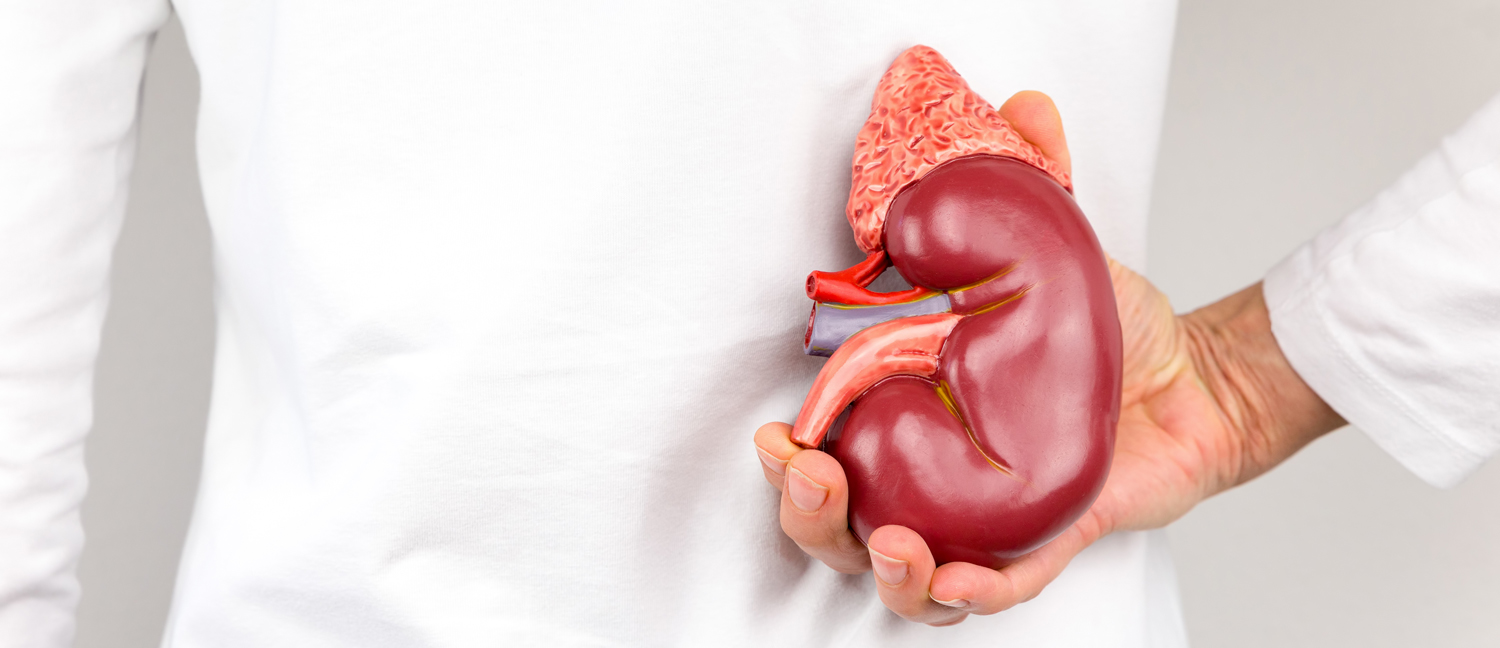
How is chronic kidney disease (CKD) related to bone disease?
- Healthy kidneys keep the right amount of phosphorus and calcium in your body. When your kidneys are not working, too much phosphorus can build up in your blood. This can cause the kidneys to pull calcium from your bones, making them weak.
- Healthy kidneys also help your body use vitamin D. When your kidneys are not working, your body may not be able to use vitamin D like it should. This can also make your bone weak.
What are the clinical manifestations of renal bone disease?
The major signs of renal bone disease are: fractures, tendon rupture, and bone pain. According to the National Kidney Foundation, the most clinically significant effect of renal bone disease is hip fracture, which has a high occurrence among stage 5 Chronic Kidney Disease (CKD) or End Stage Renal Disease (ESRD). Other signs of renal bone disease results in calcification of vessels particularly coronary arteries, soft tissues, heart valves, and skin. Calciphylaxis is a form of vascular calcification that is usually observed in stage 5 CKD. It manifests with extensive calcification of the skin, muscles, and subcutaneous tissues.
How will I know if I have bone disease?
The only way to know how healthy your bones are is to be tested. Your doctor might suggest blood test for calcium, phosphorus, intact parathyroid hormone (iPTH), vitamin D, bone density scan or an x-ray.
Steps that you can take to keep your bones healthy:
- Limit how much phosphorus you eat. Foods that are high in phosphorus are milk, cheese, fish, red meat, dried beans and peas, nuts and peanut butter, whole grain breads, bran, cocoa, dark sodas and beer.
- Take your phosphate binders. Always take with meals so it can work.
- Take vitamin D.
- Exercise can strengthen your bones and keep them from breaking.
- Avoid smoking.
- If you are on dialysis, DO NOT SKIP ANY TREATMENTS. Dialysis helps to get rid of extra phosphorus.
- Your doctor will give you specific recommendation for your specific condition.
